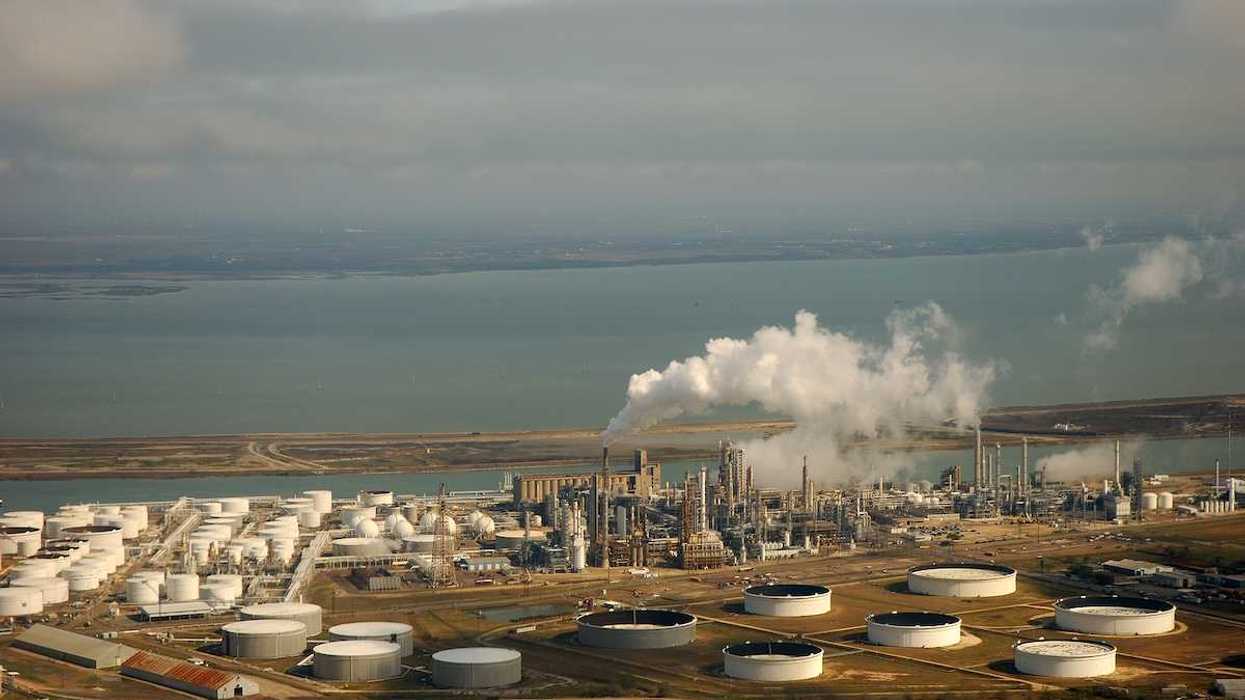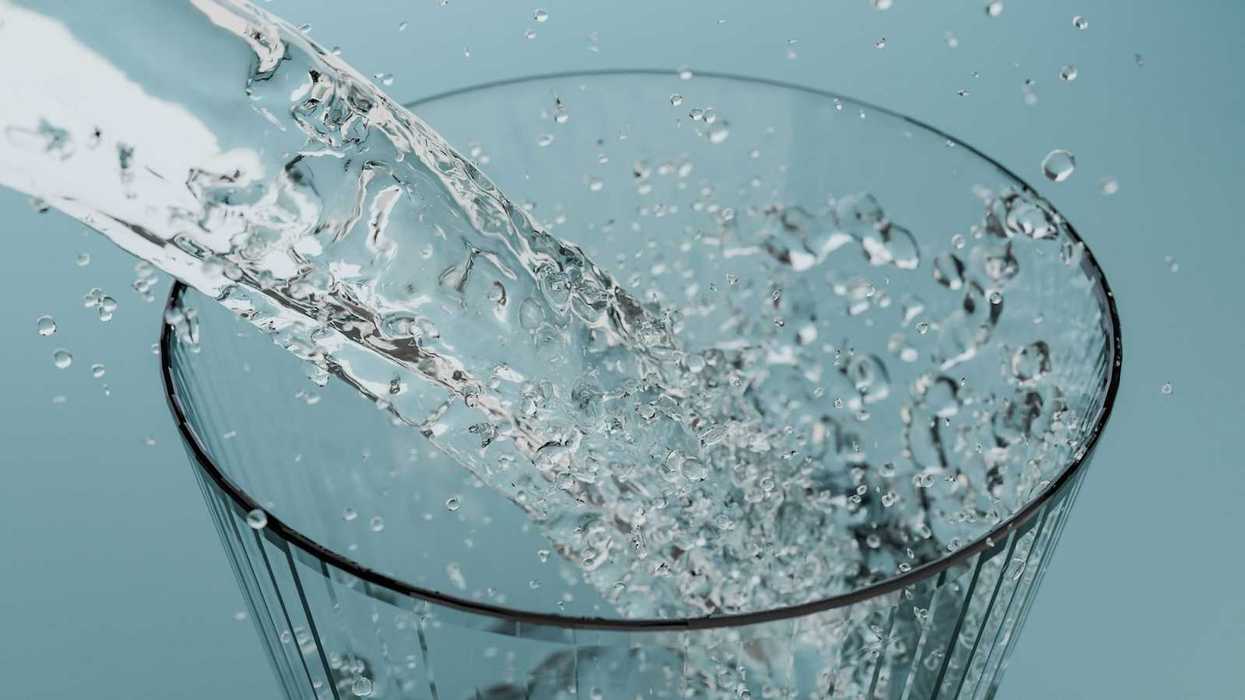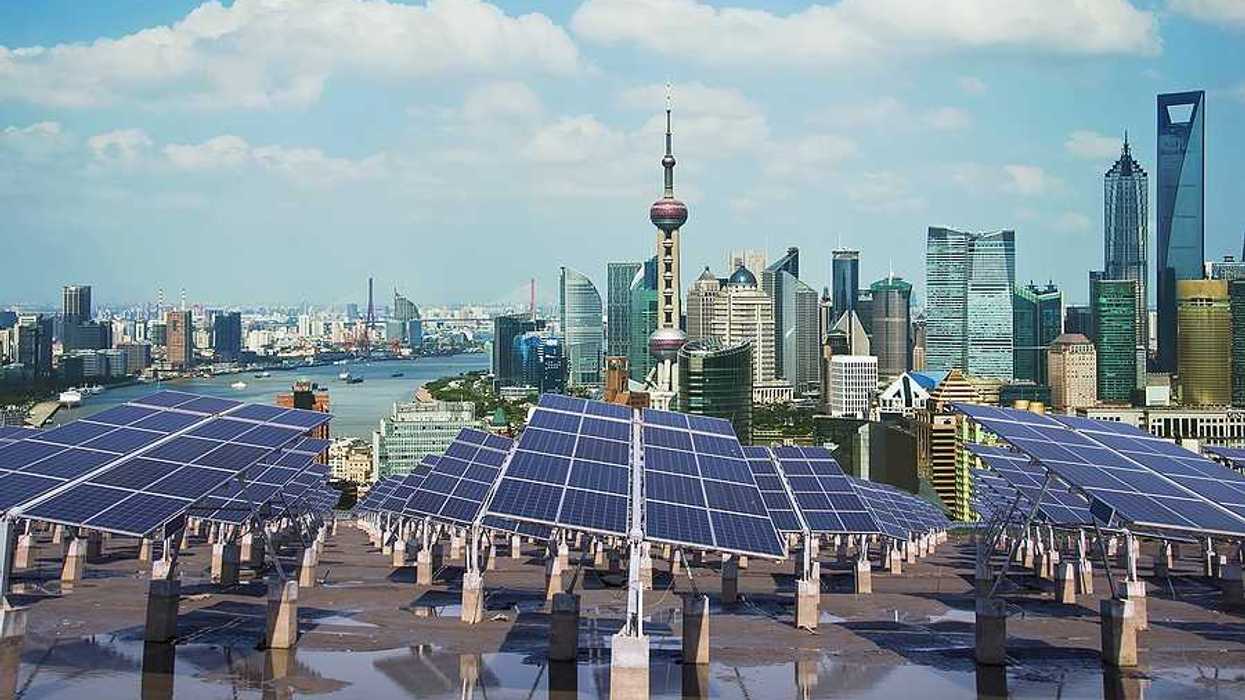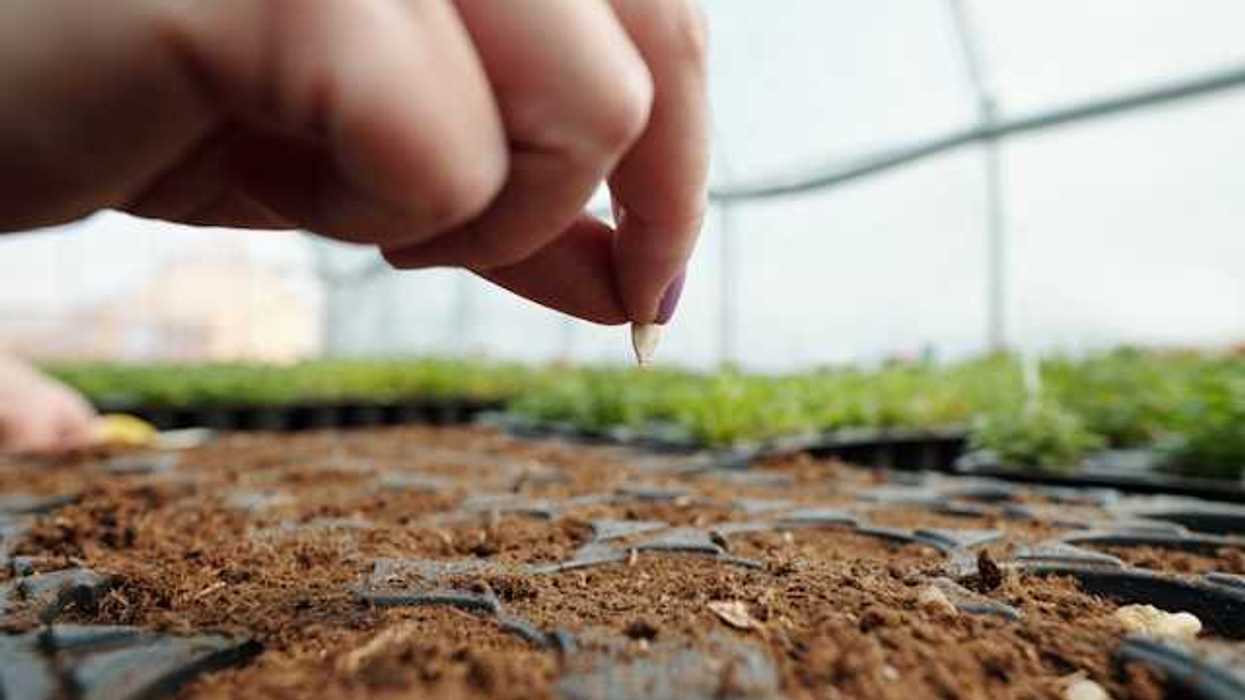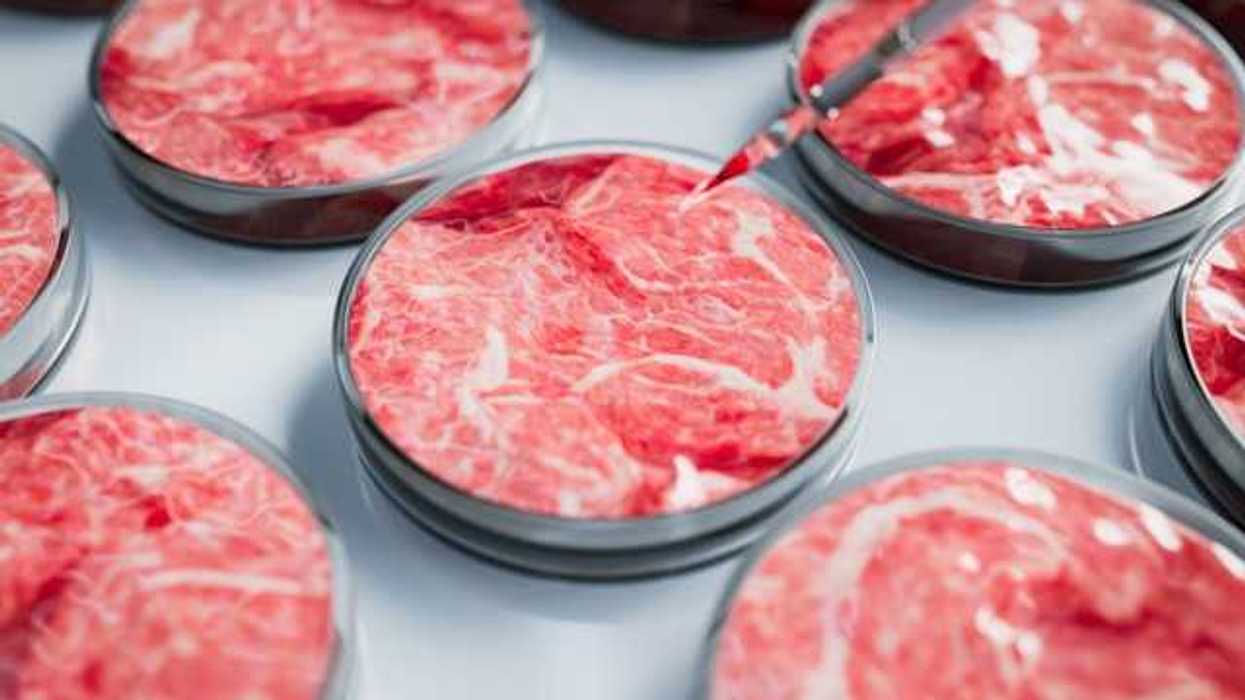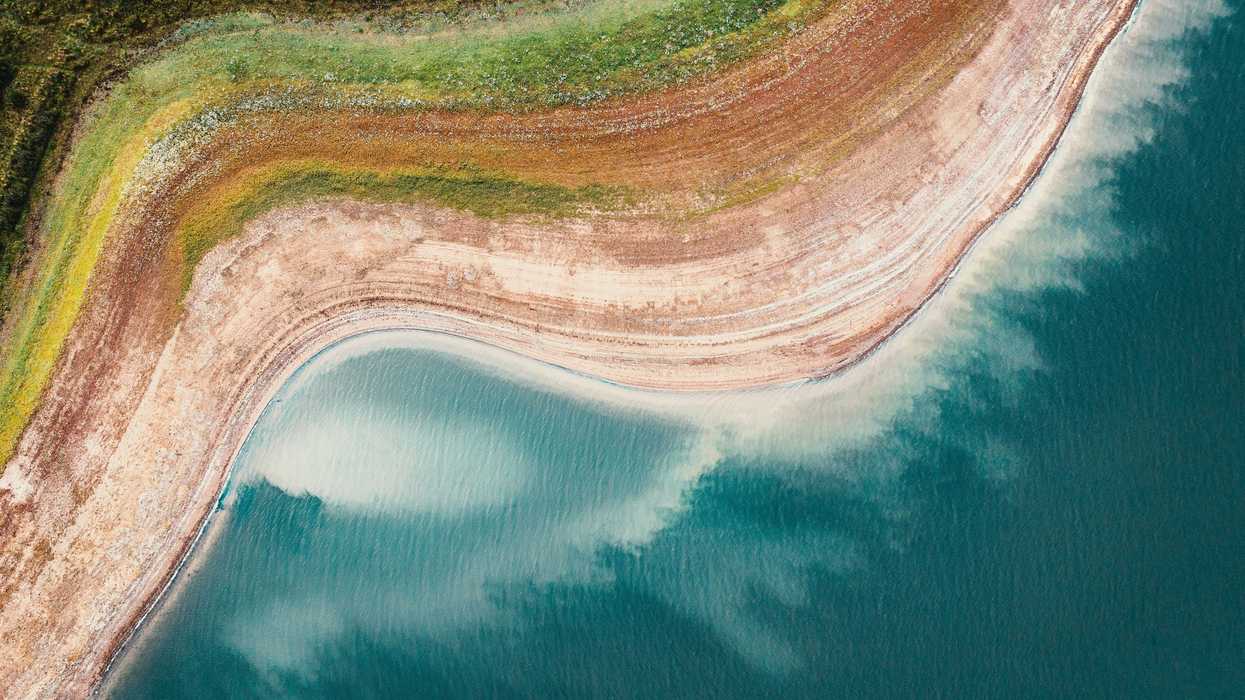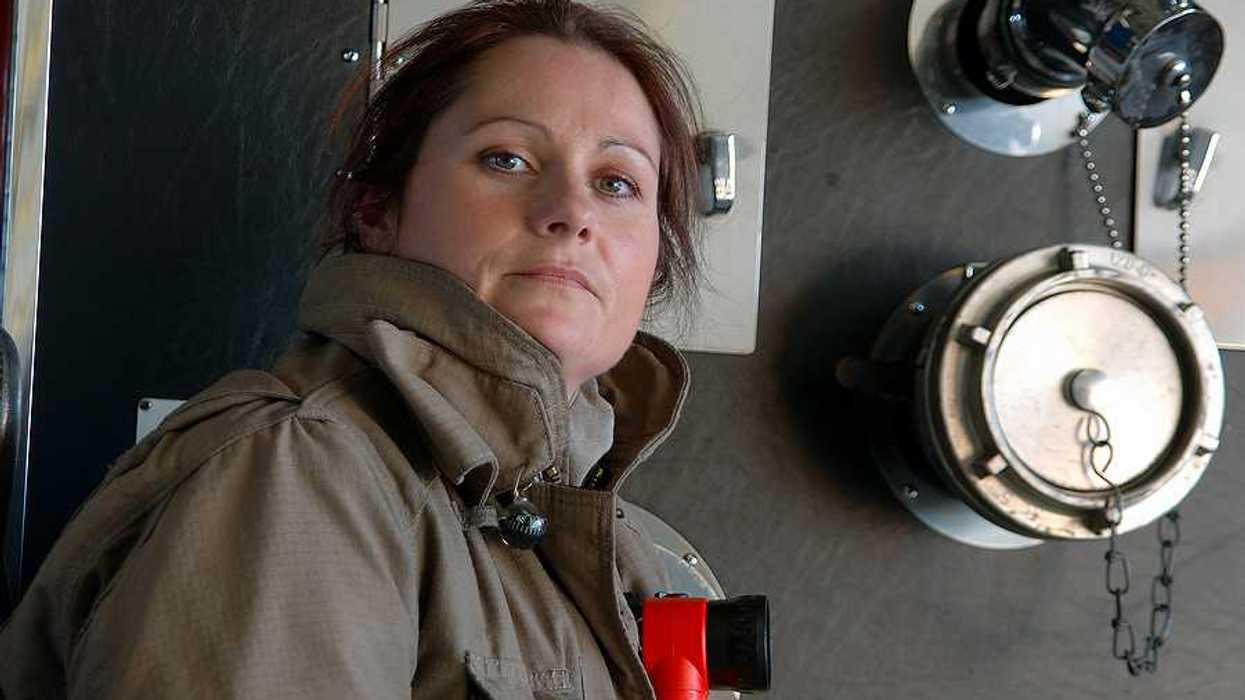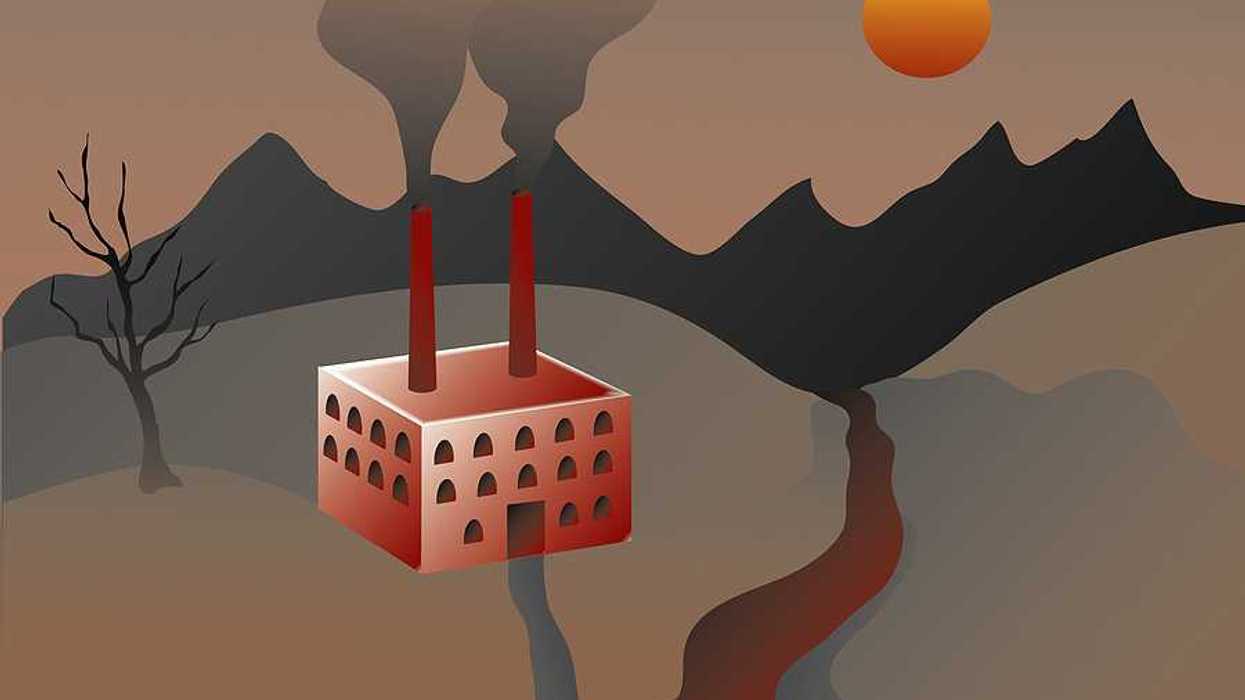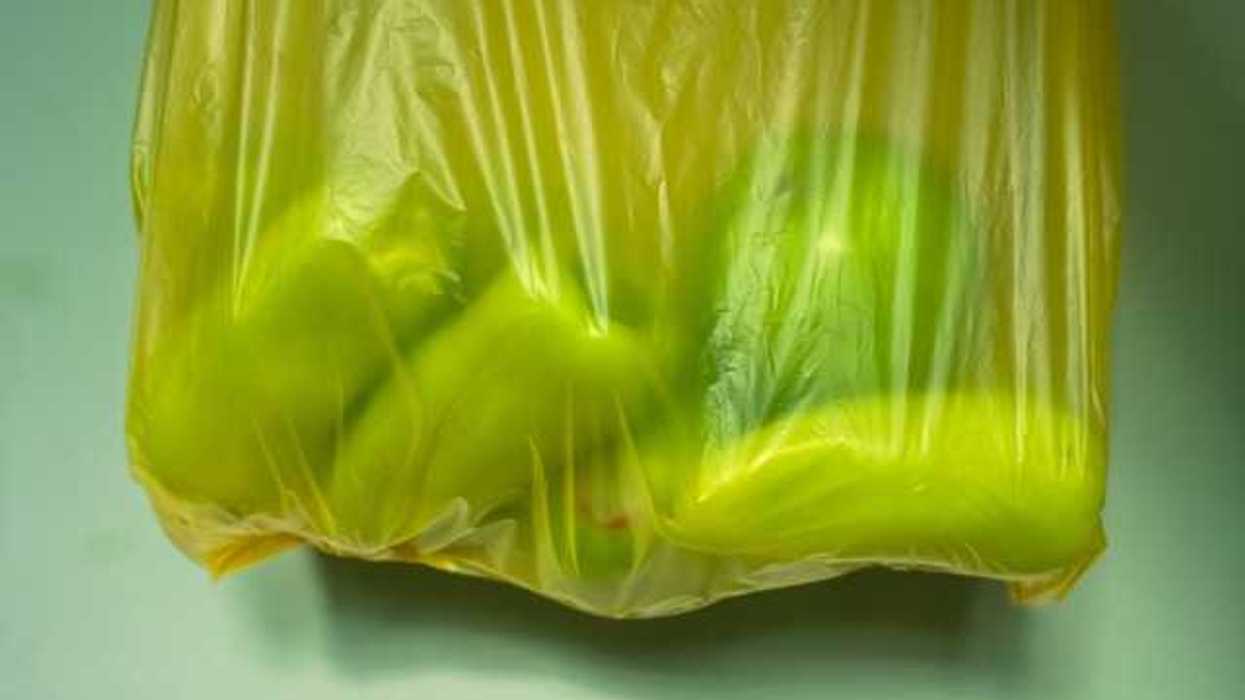Recent findings debunk the optimistic view that Mediterranean seagrasses can effectively combat marine plastic pollution, revealing more harm than help.
Sean Mowbray reports for Hakai Magazine.
In short:
- A 2021 study showed seagrasses trapping and removing plastic from the ocean, offering a hopeful solution.
- A new meta-analysis reveals that plastic pollution harms seagrasses, reducing their growth and disrupting ecosystems.
- Experts warn that seagrasses’ ability to trap plastic may cause more harm, as animals ingest the trapped plastic.
Key quote:
“I definitely don’t want people to move in the direction of saying, ‘We have seagrass beds and they’re trapping microplastics so that’s resolving the problem.’ That’s not resolving the problem—it’s just moving and concentrating it in a different location.”
— Alyssa Novak, coastal ecologist at Boston University
Why this matters:
Seagrass, often overlooked in the grand tapestry of marine ecosystems, plays a vital role in maintaining the health of our oceans. It serves as a nursery for fish, a filter for pollutants, and a powerful carbon sink. In the fight against microplastics, the story of seagrass is a stark reminder that the small things we often overlook can have a massive impact. Read more: Plastic pollution in the ocean.



